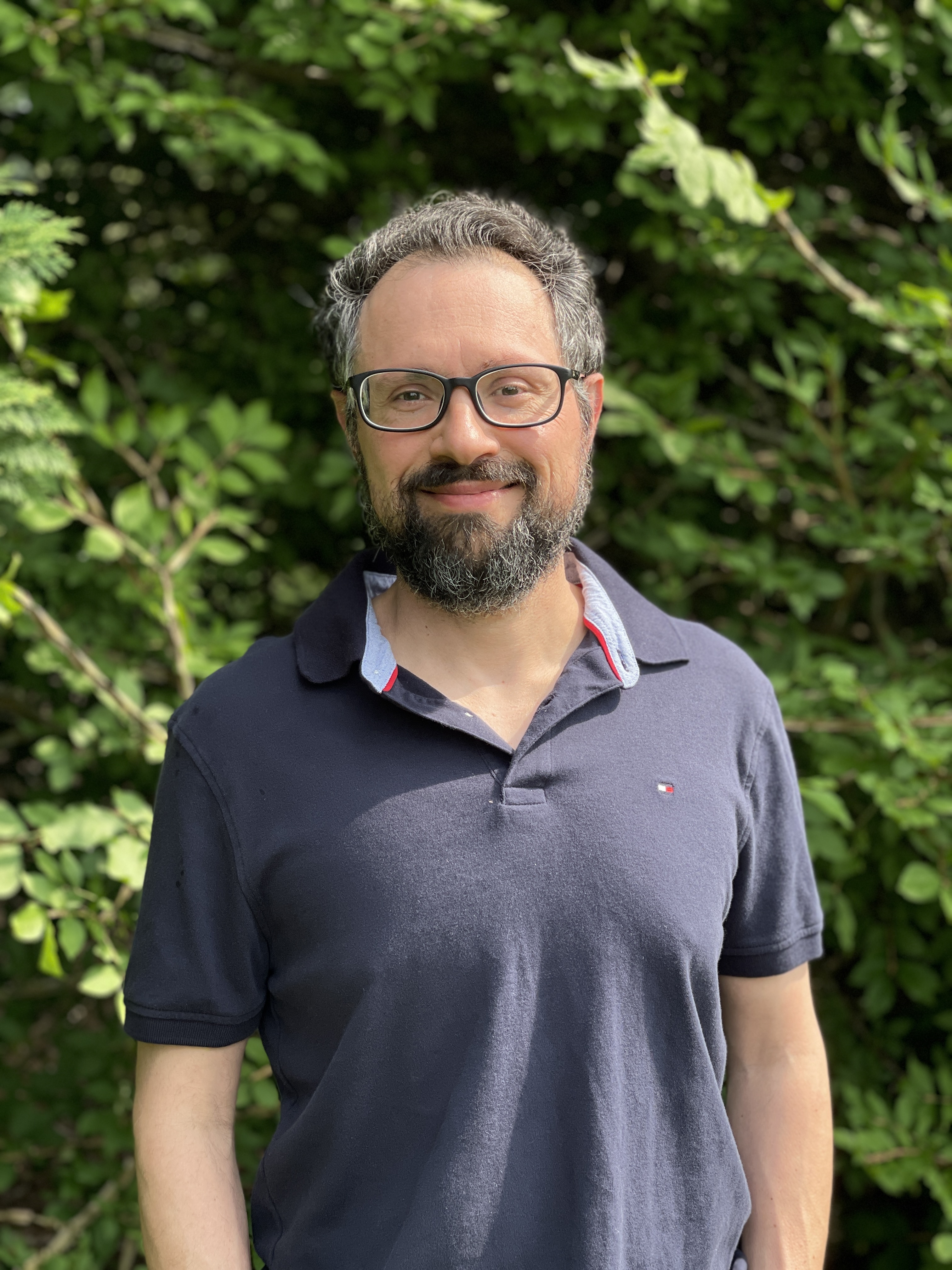Many emerging cyber physical systems are composed of a large number of mobile intelligent agents. In these systems, each agent travels along a trajectory that is often not pre-determined. At any time interval, new agents might appear in the system, and some existing agents might disappear. Additionally, these agents are normally capable of communicating with each other or outside stations using wireless communications. We refer to these systems as Trajectory-Based Cyber-Physical Networks (TCN).
This award is funded in whole or in part under the American Rescue Plan Act of 2021 (Public Law 117-2).
Smart manufacturing, in which manufacturing processes become increasingly automated using algorithms intended to boost profits and reduce resource use while decreasing human error, is expected to enhance production efficiency in industries where chemical reaction, separation, and transport are important. Heightened communication and automation are also impacting other industries that involve control of molecular-level processes, as in healthcare, water treatment, and irrigation.
Connected vehicles are an integral part of the future of intelligent transportation systems. They use wireless and sensing technologies to enable communication and cooperation between vehicles and infrastructure. Nonetheless, sensor reliability and data integrity play a crucial role in these vehicles. As vehicles and infrastructures grow increasingly networked and automated, there is a pressing need to identify sensor-related anomalies and mitigate potential safety hazards they might pose.
Dr Heena Rathore is presently Assistant Professor in Department of Computer Science at Texas State University, San Marcos, Texas, USA. She formerly held positions as Assistant Professor of Practice at University of Texas at San Antonio and Visiting Assistant Professor at Texas A&M University at Texarkana. She has also worked as Data Scientist and Program Manager at Hiller Measurements, Austin. She received her Ph.D. from Indian Institute of Technology Jodhpur India while she was a Tata Consultancy Services Research Scholar. For her postdoctoral research, she worked on the US Qatar joint project on Medical Device Security, which included collaborators from Qatar University, the University of Idaho, and Temple University. Her research interests include applied machine learning for distributed, intelligent systems with complimentary areas of security. She has been the winner of several prestigious awards, including Educationist Empowering India, IEEE Region 5 Outstanding Individual Achievement Award, IEEE Central Texas Section Achievements Award, IIT Alumni Award for Recognizing Excellence in Young Alumni, MPUAT Young Engineer Award, NI Global Engineering Impact Award, and NI Graphical System Design Achievement Award.
Advances in artificial intelligence (AI) make it clear that intelligent systems will account for the next leap in scientific progress to enable a myriad of future applications that improve the quality of life, contribute to the economy, and enhance societal resilience to a broad spectrum of disruptions. Yet, advances in AI come at a considerable resource costs. To reduce the cost of AI, this project takes inspiration from biological systems. It is well-known that a key bottleneck in AI is the perception subsystem.
This project aims to advance knowledge of machine learning for human-in-the-loop cyber-physical systems. Mobile and wearable devices have emerged as a promising technology for health monitoring and behavioral interventions. Designing such systems involves collecting and labeling sensor data in free-living environments through an active learning process. In active learning, the system iteratively queries a human expert (e.g., patient, clinician) for correct labels.
A critical application of smart technologies is a smart, connected, and secured environmental monitoring network that can help administrators and researchers find better ways to incorporate evidence and data into public decision-making related to the environment. In this project, the investigators will establish a secure, trustworthy and reliable air quality monitoring network system using densely deployed low-cost sensors in and around the city of Orlando, Florida, to better inform development of pollution mitigation strategies in the region.
A growing number of natural or man-made detrimental incidents occur every day, which mandate precise monitoring, control/management, and prevention. Otherwise, they can rapidly evolve to turn into unpredictable events with significant losses such as delays of automotive traffics jams, catastrophic devastation assuming lives of innocent citizens as in man-made incidents or explosions, financial and industrial losses as in the case of malfunction or defects in manufacturing plants, and loss of natural resources as in the case of droughts, wildfires, and floods.
Artificial Intelligence (AI) has shown superior performance in enhancing driving safety in advanced driver-assistance systems (ADAS). State-of-the-art deep neural networks (DNNs) achieve high accuracy at the expense of increased model complexity, which raises the computation burden of onboard processing units of vehicles for ADAS inference tasks. The primary goal of this project is to develop innovative collaborative AI inference strategies with the emerging edge computing paradigm.
The number of systems developed for applications including package delivery via small unmanned aerial vehicles (UAVs) and self-driving cars, is growing. To ensure safe and reliable positioning, it is critical to address not only positioning accuracy, but also the confidence in accuracy, defined as integrity. Most of the positioning and navigation studies for autonomous vehicles have focused on only accuracy, but not integrity.



